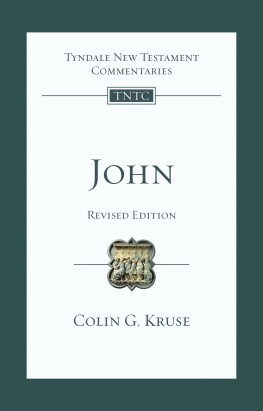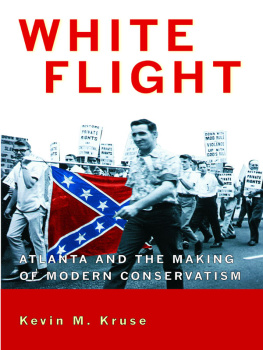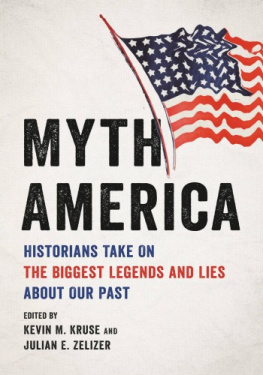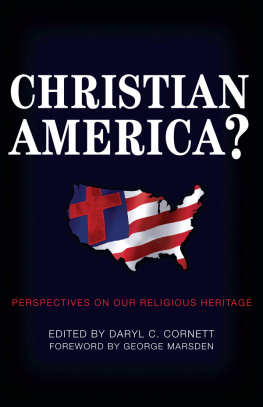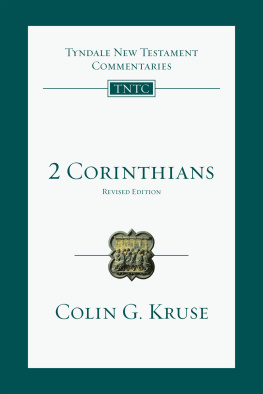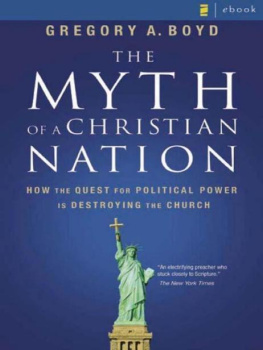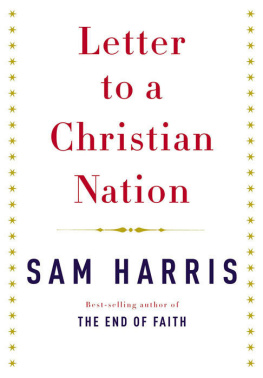Kruse - One nation under God : how corporate America invented Christian America
Here you can read online Kruse - One nation under God : how corporate America invented Christian America full text of the book (entire story) in english for free. Download pdf and epub, get meaning, cover and reviews about this ebook. City: Array, USA., Verenigde Staten, year: 2015, publisher: Basic Books, genre: Politics. Description of the work, (preface) as well as reviews are available. Best literature library LitArk.com created for fans of good reading and offers a wide selection of genres:
Romance novel
Science fiction
Adventure
Detective
Science
History
Home and family
Prose
Art
Politics
Computer
Non-fiction
Religion
Business
Children
Humor
Choose a favorite category and find really read worthwhile books. Enjoy immersion in the world of imagination, feel the emotions of the characters or learn something new for yourself, make an fascinating discovery.

- Book:One nation under God : how corporate America invented Christian America
- Author:
- Publisher:Basic Books
- Genre:
- Year:2015
- City:Array, USA., Verenigde Staten
- Rating:3 / 5
- Favourites:Add to favourites
- Your mark:
One nation under God : how corporate America invented Christian America: summary, description and annotation
We offer to read an annotation, description, summary or preface (depends on what the author of the book "One nation under God : how corporate America invented Christian America" wrote himself). If you haven't found the necessary information about the book — write in the comments, we will try to find it.
In One Nation Under God, award-winning historian Kevin M. Kruse argues that the story of Christian America begins with the Great Depression, when a coalition of businessmen and religious leaders united in opposition to the New Deal. As Kruse shows, corporations from General Motors and Kraft Foods to J.C. Penney and Hilton Hotels, poured money into the coffers of conservative religious leaders, who in turn used those funds to attack FDRs New Deal administration as a program of pagan statism that perverted the central tenet of Christianity: the salvation of the individual-- Read more...
Abstract: Were often told that the United States is, was, and always has been a Christian nation. But in One Nation Under God, historian Kevin M. Kruse reveals that the idea of Christian America is an invention--and a relatively recent one at that. As Kruse argues, the belief that America is fundamentally and formally a Christian nation originated in the 1930s when businessmen enlisted religious activists in their fight against FDRs New Deal. Corporations from General Motors to Hilton Hotels bankrolled conservative clergymen, encouraging them to attack the New Deal as a program of pagan statism that perverted the central principle of Christianity: the sanctity and salvation of the individual. Their campaign for freedom under God culminated in the election of their close ally Dwight Eisenhower in 1952. But this apparent triumph had an ironic twist. In Eisenhowers hands, a religious movement born in opposition to the government was transformed into one that fused faith and the federal government as never before. During the 1950s, Eisenhower revolutionized the role of religion in American political culture, inventing new traditions from inaugural prayers to the National Prayer Breakfast. Meanwhile, Congress added the phrase under God to the Pledge of Allegiance and made In God We Trust the countrys first official motto. With private groups joining in, church membership soared to an all-time high of 69%. For the first time, Americans began to think of their country as an officially Christian nation. During this moment, virtually all Americans--across the religious and political spectrum--believed that their country was one nation under God. But as Americans moved from broad generalities to the details of issues such as school prayer, cracks began to appear. Religious leaders rejected this lowest common denomination public religion, leaving conservative political activists to champion it alone. In Richard Nixons hands, a politics that conflated piety and patriotism became sole property of the right. Provocative and authoritative, One Nation Under God reveals how the unholy alliance of money, religion, and politics created a false origin story that continues to define and divide American politics to this day--
In One Nation Under God, award-winning historian Kevin M. Kruse argues that the story of Christian America begins with the Great Depression, when a coalition of businessmen and religious leaders united in opposition to the New Deal. As Kruse shows, corporations from General Motors and Kraft Foods to J.C. Penney and Hilton Hotels, poured money into the coffers of conservative religious leaders, who in turn used those funds to attack FDRs New Deal administration as a program of pagan statism that perverted the central tenet of Christianity: the salvation of the individual
Kruse: author's other books
Who wrote One nation under God : how corporate America invented Christian America? Find out the surname, the name of the author of the book and a list of all author's works by series.

